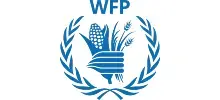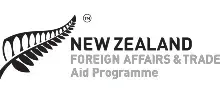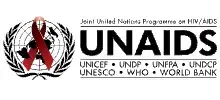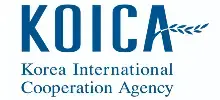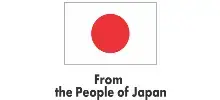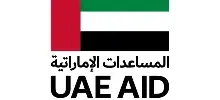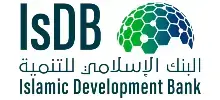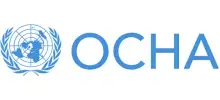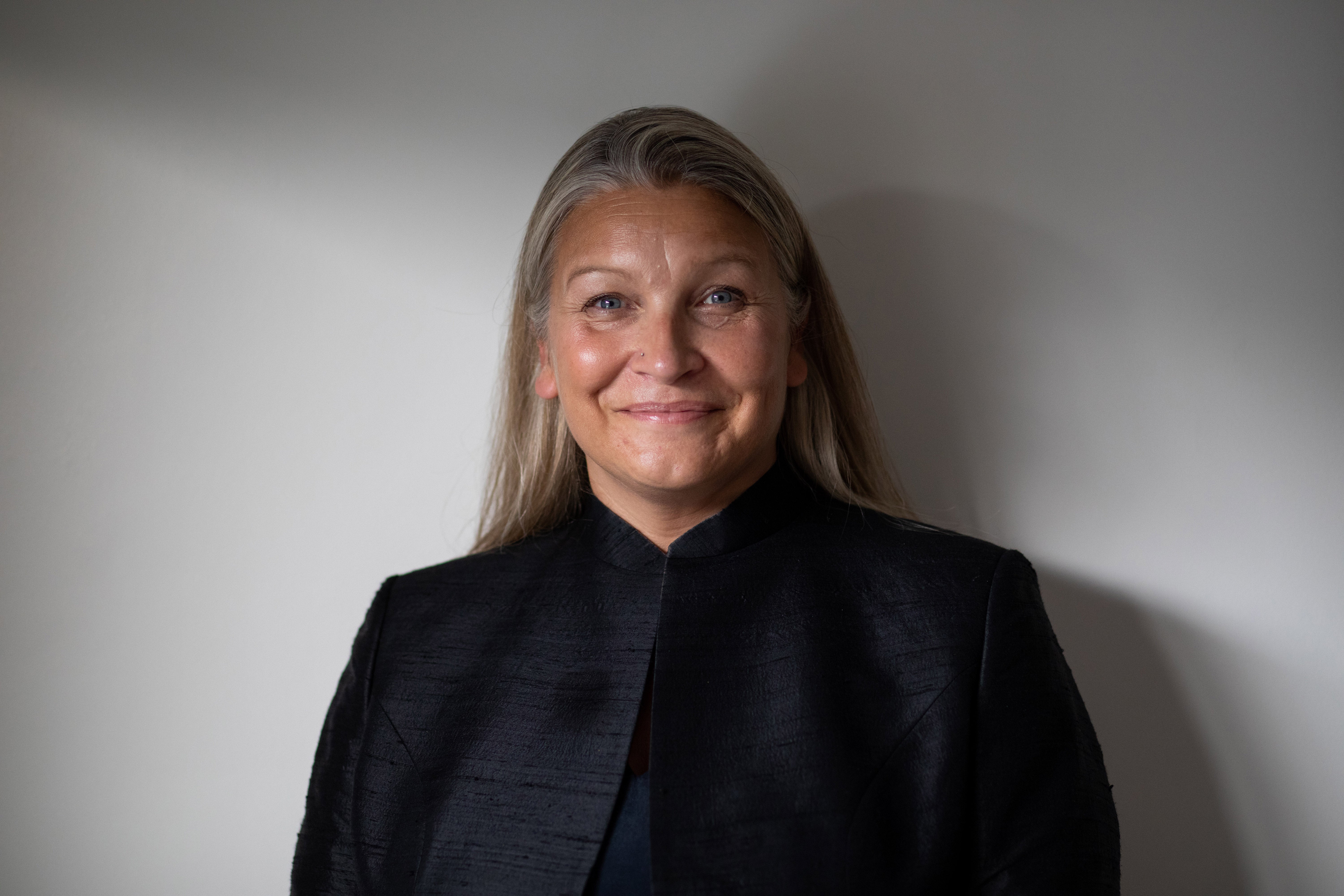
Our 2022 annual report is an opportunity to showcase some of the achievements resulting from our partnership with the Government of Bangladesh and other allies. Over 150,000 babies were delivered safely by UNFPA-supported midwives in 2022. Nearly 780,000 women were able to make an informed choice of contraceptive methods and were hence able to plan their families, their lives, and their futures. Over 3,500 women took the courageous step of seeking services following gender-based violence. Each of these numbers represents a human story, and we feel privileged to have been in a position to touch so many lives.
In this report, you will read about innovation: new and promising practices to reach the furthest behind, address gaps in access and quality and increase the impact of services. We are using new technologies to reach young people and coordinate more effectively with other development partners, and we are scaling up solutions that are proven to work.
I want to thank our generous donors, our implementing partners, and all the staff of UNFPA who work with commitment and dedication to advance our vision towards a Bangladesh where every pregnancy is wanted, every childbirth is safe, and every young person’s potential is fulfilled.
Kristine Blokhus, UNFPA Representative




